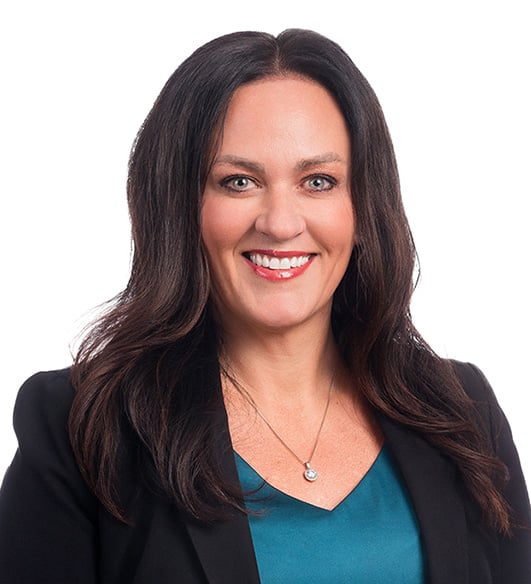
Transaction Advisory
Mergers and acquisitions are complex. We’ll help you maximize opportunities and navigate seamless transactions.
Despite fluctuating market conditions, there is never a wrong time to begin preparing for an eventual transaction. Handing over the reins of a business, or performing due diligence to acquire one, is no easy task.
Whether it’s a high-level analysis of the entity in preparation for a potential sale, a gross margin analysis of a seller’s new product offering, or a detailed historical four-year and projected EBITDA and working capital analysis, Eide Bailly’s experienced advisors can make sure you don’t overlook things that could cause surprises during the transaction.
We've handled it all, from family transfers to large-scale purchases. Our personal approach ensures your goals are understood and worked toward, and our connections with private equity groups can help put all your options on the table.
What We Offer
Business Valuation
ESOP
Ownership Transition
Quality of Earnings
Sell-Side Advisory
Understanding Quality of Earnings When Selling a Business

Understand your options when it comes to mergers and acquisitions.
Transaction Advisory Leadership

Amber J. FerrieCPA, ABV, CFF, CM&AA
Partner/Transaction Advisory & Private Equity Industry Leader/Board Member

